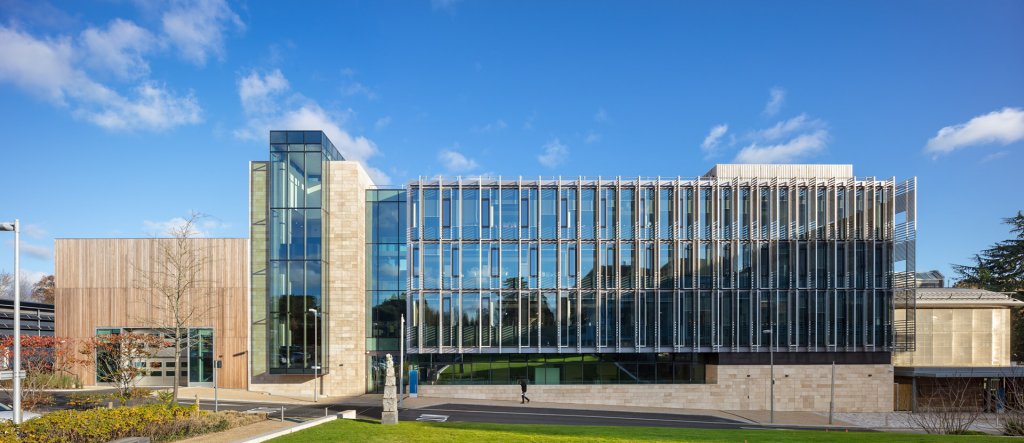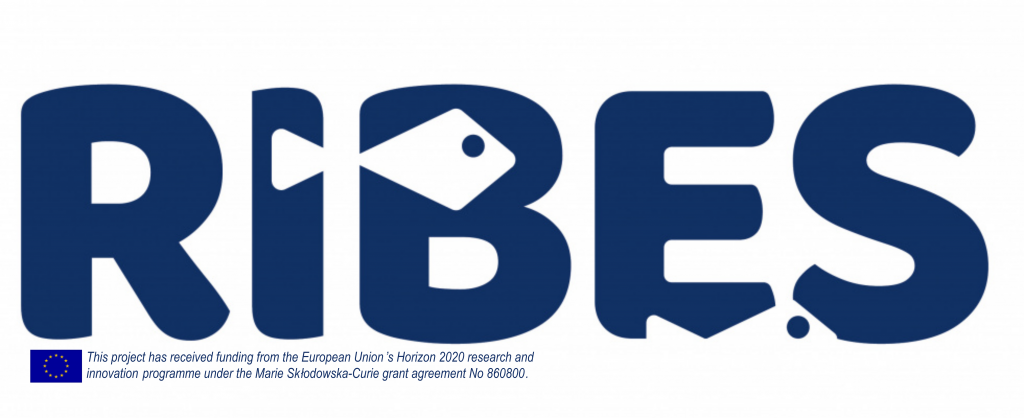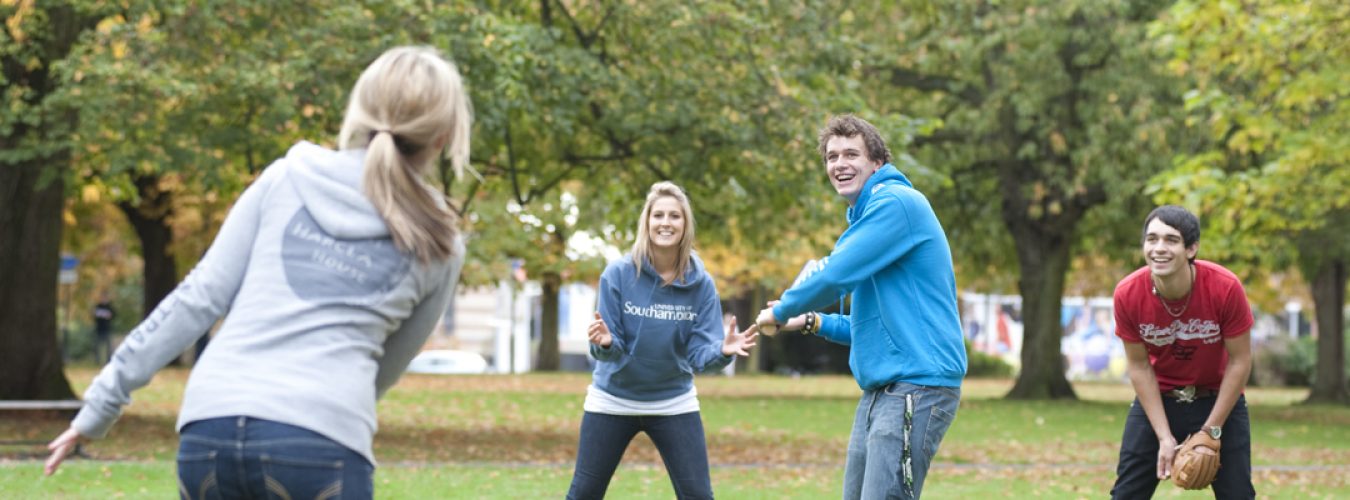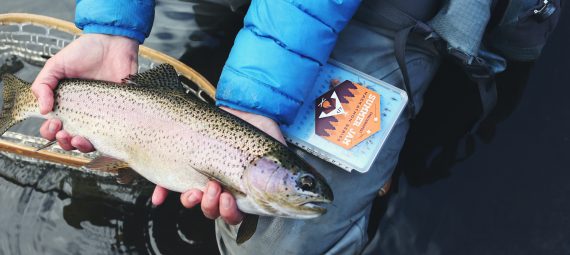Postgraduate Researcher: Philip Ericsson
Supervisor: Prof Paul Kemp
Co-supervisor: Prof Paul White
Research Group: International Centre for Ecohydraulics Research
Project Description
Fish have significant economic, ecological and cultural value. Freshwater ecosystems are the most degraded of all environments, and as a consequence, freshwater fish are one of the most threatened groups of vertebrates on the planet. Human activity, such as river engineering for irrigation, electricity generation, and navigation, is a fundamental causal factor for the decline in many freshwater fish populations. However, we do not fully understand the mechanisms that explain how habitat modification, such as a disrupted hydrodynamic and acoustic environments, operate in isolation or in combination to negatively impact fish at the level of behaviour and physiology.

This project will focus on adopting a reductionist approach to quantify how hydrodynamics and acoustics, in isolation and in combination, influence fish behaviour through acting on different sensory modalities. Information obtained will not only enable conservation efforts to be advanced, but may also provide the stimuli needed to develop environmental impact mitigation technology (such as behavioural deterrents). Working as part of an interdisciplinary team of fish biologists and engineers at the Faculty of Engineering and Physical Sciences, the successful candidate will develop a series of experiments that will use large-scale experimental facilities (flumes and tanks) to investigate fish behaviour in response to manipulated hydrodynamic and acoustic environments. They will develop skills in experimental design, behavioural monitoring using fine-resolution filming techniques and particle tracking of fish movements, various analytical techniques such as Matlab and R, and technical writing capabilities. The student will also contribute to the overall output of the RIBES project and participate in knowledge exchange events and PhD training workshops with other members of the consortium. The research team at the International Centre for Ecohydraulics Research has a strong track record in publishing high impact scientific articles, public engagement and political outreach, and employability for graduates.

The project team will be based at the new University of Southampton Boldrewood Innovation Campus. The campus provides unique high quality working space integrated with world leading laboratories including the National Infrastructure Laboratory, the Maritime Centre of Excellence, the Lloyd’s Register Group Technology Centre, and the Engineering Centre of Excellence. The purpose-built environment houses state-of-the-art facilities used by our engineering staff and students. These include our unmanned vehicles laboratories, fluid dynamics laboratory, metal and wood workshops and a driving simulator. Furthermore, the student will spend a large proportion of time at the Institute of Sound and Vibration Research and at the satellite ecohydraulics facility 2 miles away at the Southampton Science Park. At this facility the University owns a variety of large scale internal and external facilities, including acoustic tanks.
Project Funder: RIBES

RIBES (River flow regulation, fish BEhaviour and Status) European Training Network (ETN) will train 15 ESRs in the interdisciplinary field of Ecohydraulics to find innovative solutions for freshwater fish protection and river continuity restoration in anthropogenically altered rivers.
The RIBES project, funded under the European Union Horizon 2020 Research and Innovation Programme, has a duration of 4 years, from January 2020 to December 2023.

